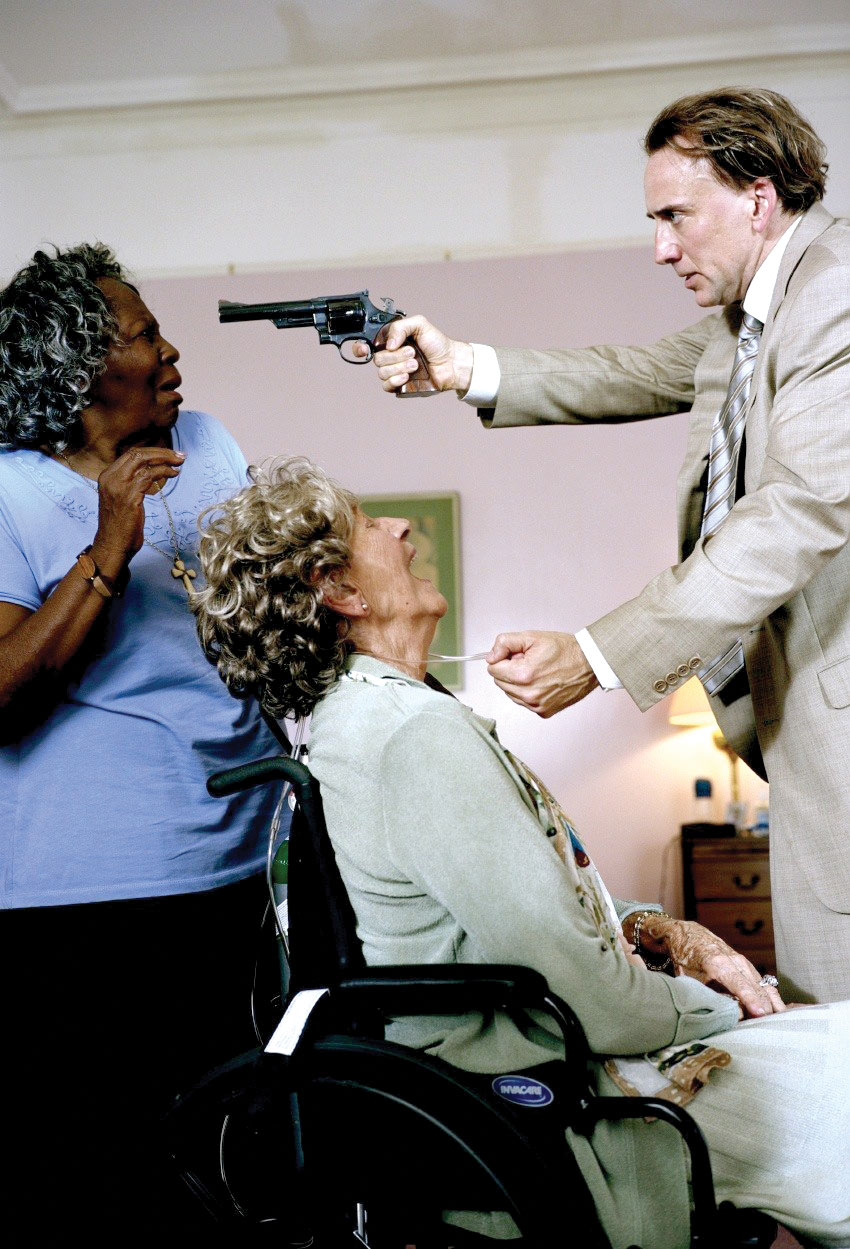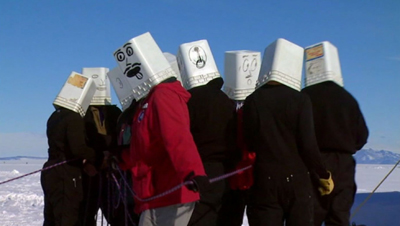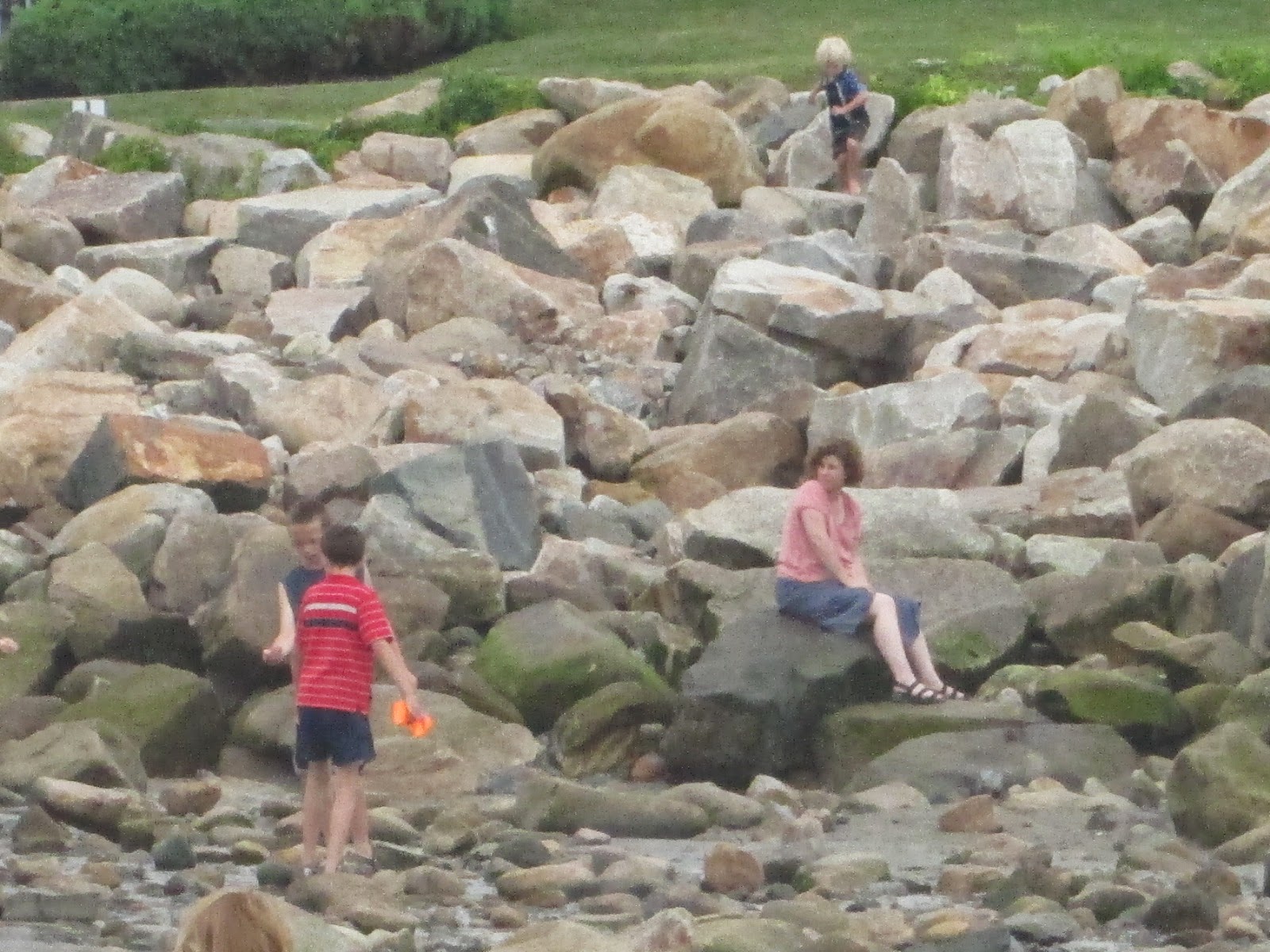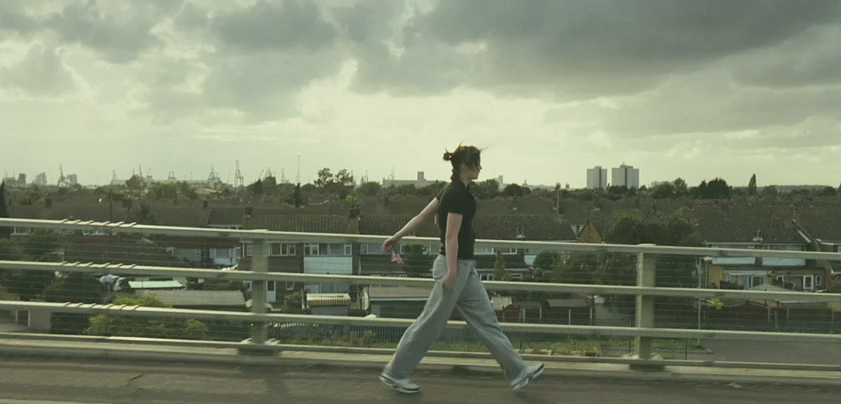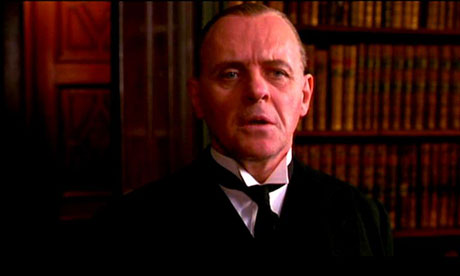Bad Lieutenant: Port of Call New Orleans (2009)
While hopefully not a too realistic depiction of the law enforcement profession in one of our more mythologized Southern cities (to which I have still never been), this was pretty entertaining. Some of my acquaintance are of the opinion that Nicolas Cage is perhaps the worst technical actor currently active, and I suppose I can see how he might not be too good at live classical theater, but in this over the top, rather parodic (and subtly artful) take on the Hollywood big city cop film, he is the right man for the job. He inhabits and sells the role to the extent that it is almost believable, at least more than anyone else in the movie. The character of the bad lieutenant of course is quite wretched, as well as frequently indifferent to moral considerations in a way that is viscerally off-putting to obedient bourgeois people, but in contrast to (and to the deep envy of) most such people, things happen in his life, even if as is the case here, most of them are almost suicidally destructive. He is still a sexual factor in the world as well, which always makes an impression on me, even if physically he is often not in prime condition to finish the job.
The only Werner Herzog movies I had seen up to now were his German New Wave classics Kaspar Hauser and Fitzcarraldo from over thirty years ago. For some years now he has evidently primarily been working in the U.S. and in English. Because he has continued to be so prolific and so consistently strong and probing and unique in his outlook in his movies, and is still at age 72 quite vigorous and seemingly plugged into what is going on in contemporary life rather than a sad, moldy relic from the 70s, he is a figure of almost universal awe in both the film and film criticism worlds, one of the living gods of the medium.
What he has mainly done here is taken the elements of the standard humorless and unengaging police movie and tweaked the more hackneyed aspects of them so as to make them palatable to film buffs and people of above average verbal intelligence. The world of the movie has life in it, and while I might not wish to wake up and find myself in it on a day in and day out basis, I was interested to see what it had in store for Nicolas Cage.
Encounters at the End of the World--(2007)
A documentary in which Herzog goes to Antarctica, interviews various people, some scientists, some skilled craftsman, some support staff, at the American base (one of the American bases?) there, as well as goes on a few excursions out into the southern polar wild. It wasn't bad, but in my view I don't think he quite got what he was looking for out of the project. It would seem that if there was any artistic filmmaker who was smart enough, odd enough, inquisitive enough, and so on, to connect with scientists and draw them out enough to get into the spirit needed to make a really good movie, Herzog would be the guy to do it. But most of them are not really responsive to him, they act as if his questions and observations are odd, that he doesn't really understand and can't understand what they are doing--I suppose you could say that they don't understand what he is doing either, but they seem to me oddly uninterested in the circumstance that one of the top living filmmakers in the world has shown up on the base to make a documentary. So I find that the finished movie lacks the kind of unity and driving purpose that is characteristic of Herzog's fictional films that I have seen. It's still worth seeing, and other writers and film people do consider it another major triumph for the great director.
Sunday, July 27, 2014
Thursday, July 10, 2014
Fourth of July
We went to York Beach in Maine. The holiday happened to coincide with the day last week's hurricane came up our way, so it was rainy and chillier than usual. Of course it also cut down on the crowds. On a regular warm and sunny July 4, the beach would be shoulder to shoulder with people.
When we first got there they weren't even letting people go in the water--the lifeguards were standing at the edge of the water keeping you away--but after about an hour they abandoned their posts and anyone could go in.
One of the famous amusement halls along the shore at Short Sands beach.
The even more famous Fun-o-Rama (with child #3 running down the steps). Both of these buildings are at least pre-war and are built like old barns. Once glance up at the rafters and psychologically I am transported back about 28 years, to the impression I had at that time of being transported back fifty or sixty years while being simultaneously more fully engaged in the moment than I am now. That is to say, I am really thinking of all that has changed and passed away in this area since 1986, but even in 1986 I was thinking the same thing with regard to 1936.
Four of the five children playing or picking things up on the beach. #4 is out of the picture. They were all in the picture when the button was pushed. Our cameras all have 2-3 second lapses which means you need to have luck to get a good picture of the children.
#5 doesn't like having sandy hands.
Here is #4 inside Fun-o-Rama. This composition was another victim of slow camera syndrome.
Cashing in the game tickets.
Mechanical fortune-teller (and my daughter).
It stopped raining and they letting people into the ocean again, so we went back to the beach.
Some relatives of my wife's used to have a house here, a little further down from these off to the right, which is one of the reasons why York is one of the main beaches we go to. They sold it off some years ago and naturally the new owners knocked it down and built a bigger house. The old house probably dated from the 30s or 40s and was a real classic New England, Summer of '42esque beach house, no air conditioning, whipping white curtains, creaking screen doors, a bookshelf that hadn't been augmented since before I was born. By the end though the surrounding atmosphere had changed enough that it almost felt like it didn't really belong anymore. Keeping it more or less exactly as it was for so long, pleasing though that was in some ways, seemed to suggest either ambitions or financial limitations on the part of its owners that were unacceptably modest for contemporary times. Feeling this way about things that don't change or innovate eagerly and rapidly enough, even when one is sympathetic to the laggards, has become second nature to me, and I would presume many people who have absorbed the dominant attitudes of the past twenty years.
Child #2 draws a map of the northeast in the wet sand.
Back at home, but a good picture of daughter by #4, who seems to have something of an artistic temperament and flair about him.
When we first got there they weren't even letting people go in the water--the lifeguards were standing at the edge of the water keeping you away--but after about an hour they abandoned their posts and anyone could go in.
One of the famous amusement halls along the shore at Short Sands beach.
The even more famous Fun-o-Rama (with child #3 running down the steps). Both of these buildings are at least pre-war and are built like old barns. Once glance up at the rafters and psychologically I am transported back about 28 years, to the impression I had at that time of being transported back fifty or sixty years while being simultaneously more fully engaged in the moment than I am now. That is to say, I am really thinking of all that has changed and passed away in this area since 1986, but even in 1986 I was thinking the same thing with regard to 1936.
Four of the five children playing or picking things up on the beach. #4 is out of the picture. They were all in the picture when the button was pushed. Our cameras all have 2-3 second lapses which means you need to have luck to get a good picture of the children.
#5 doesn't like having sandy hands.
Here is #4 inside Fun-o-Rama. This composition was another victim of slow camera syndrome.
Cashing in the game tickets.
Mechanical fortune-teller (and my daughter).
It stopped raining and they letting people into the ocean again, so we went back to the beach.
Some relatives of my wife's used to have a house here, a little further down from these off to the right, which is one of the reasons why York is one of the main beaches we go to. They sold it off some years ago and naturally the new owners knocked it down and built a bigger house. The old house probably dated from the 30s or 40s and was a real classic New England, Summer of '42esque beach house, no air conditioning, whipping white curtains, creaking screen doors, a bookshelf that hadn't been augmented since before I was born. By the end though the surrounding atmosphere had changed enough that it almost felt like it didn't really belong anymore. Keeping it more or less exactly as it was for so long, pleasing though that was in some ways, seemed to suggest either ambitions or financial limitations on the part of its owners that were unacceptably modest for contemporary times. Feeling this way about things that don't change or innovate eagerly and rapidly enough, even when one is sympathetic to the laggards, has become second nature to me, and I would presume many people who have absorbed the dominant attitudes of the past twenty years.
Child #2 draws a map of the northeast in the wet sand.
Climbing on the rocks. Another time-honored Maine pastime.
Back at home, but a good picture of daughter by #4, who seems to have something of an artistic temperament and flair about him.
Thursday, July 03, 2014
Fish Tank (2010)/Remains of the Day (1993)
Modern Britain has, by reputation, the most depraved white underclass this side of Cherepovets. The data on educational attainment, employment, criminality, and other markers of social well-being indicates that this group has devolved to a far worse condition than their counterparts in America, which would seem to take some doing. Fish Tank is set in this milieu. It is a movie of the probing, grimly realistic, not particularly concerned with being entertaining type that is more common in the U.K. than it is here. One feels that is good work, that it approaches its material in a more original and intelligent way than most writers and directors can muster, and that it confronts sides of life that a mature adult ought to be able to look at unflinchingly and have some knowledge of and ideas about. Whatever humor or joy is in it, or is supposed to be in it, is inaccessible to me, and I was glad enough to move on from it. That said, its director, Andrea Arnold, has a real talent for conceiving plots and for carrying the most potentially unpleasant scenarios much farther than one suspects most mainstream artists and audiences have the nerve to pursue, or stand. One of her short films, called Wasp, that was included in the Criterion DVD, was very good in this nerve-wracking sort of way.
The people in these stories are perhaps a little too authentic--their lives are so hopeless and joyless and artless that there is no ground (or air) on which to feel anything that might draw me to care about them or find them interesting.
As a rule-following middle level person terrified of the consequences of ever stepping out of line with regard to anything, I was struck by how much stress I felt just watching the various criminally negligent behaviors and potentially violent or sexually dangerous situations in which the underclass persons continually found themselves (or brought upon themselves), which was probably greater than what the characters would have felt at the time. In these Andrea Arnold movies a lot of the stress originates from the circumstance that these situations involve children, or teenagers that the respectable classes still consider to be children who require to be protected in matters of sex and violence at the very least, and we see them decidedly not being protected from those things. If you are the sort of person however whose instincts for any rawer and more spontaneous brand of violence and sexuality, assuming you ever had any, never achieved expression in actual life and died stillborn somewhere in your desiccated soul long before you were twenty-five, it is disconcerting to see them alive in other people, even if it is, by the standards you have adopted as sacred, destroying their lives.
I always thought The Remains of the Day was the best of the old Merchant/Ivory movies. I thought that their Forster versions were all right at the time, though Howards End seems either to have dated noticeably or does not hold up well on a second viewing, but that their Henry James adaptations were kind of pointless. I am not an expert on Henry James either, but even after reading and probably not understanding The Golden Bowl, I was pretty sure that whatever they were going for in the movie was not really what the book was about either. This (Remains) is an almost perfect contrast to Andrea Arnold, especially given the English setting of both (Fish Tank was set in Essex, and I believe the house in Remains is supposed to be in Oxfordshire), being highly mannered, even prissy, self-consciously literate and historical and mature and serious. Acting on an impulse, or even being so undisciplined as to allow oneself to have any, is beyond unthinkable. After seeing Fish Tank, this feels like a lightweight production, perhaps because it is, perhaps because it is so doggedly old-fashioned in its artistic values that one feels it cannot possibly be addressing anything important. However I still like it, and I think there is a good deal suggested in it that one can talk about, even if the film itself does not face these matters with a penetration or intensity that would be satisfactory to us.
According to my wife I talk and act just like the Anthony Hopkins character in this movie (the talking with a Mid-Atlantic accent), which I don't think is meant to be a compliment, though at least the guy is about as good as he can be at his job, and he has a well-developed sense, albeit an extremely narrow and limited one, of who he is. I suppose one of the questions suggested by the movie is whether it is better that people like Stevens, and myself, should be exposed to a slightly more expansive view and understanding of the world, and live as confused, undefined men, or be narrowly brought up to do particular tasks, for which they are supremely fitted, extremely well, but be at the same time unable to act as free men with political, or even very much moral agency. The movie, not surprisingly, I think would say that Stevens would have definitely benefited from some liberal arts type training in his upbringing, that this would have been good for society and helped to avoid some wrongs, etc. And he does give indication of desiring improvement in his education and speech and level of culture in the movie, though it is clear he does not have much real sense of the best way to go about it. However that was 20 years ago, when Western affluence vis-a-vis the rest of the world allowed us the luxury--which was never exactly indulged in too excessively even then--of wondering whether the servant class ought to be afforded a greater degree of intellectual development. The trend since then has been so severely in the other direction, to the point that even most people with college degrees do not seem to have any sense of why liberal arts departments even exist in colleges, or ever existed, at least since the invention of science.
Subscribe to:
Posts (Atom)
